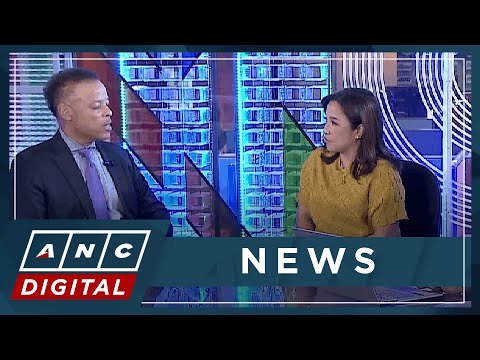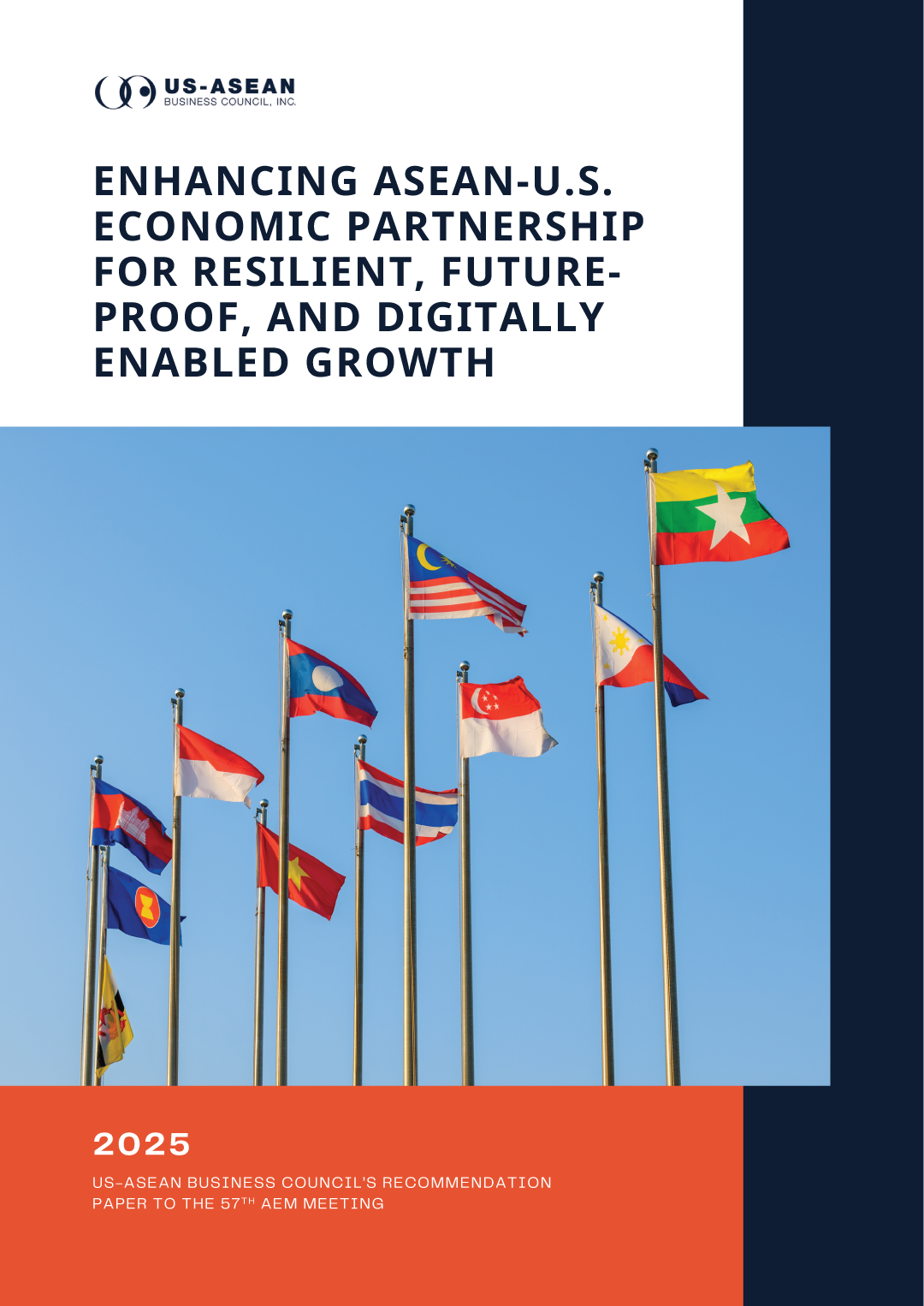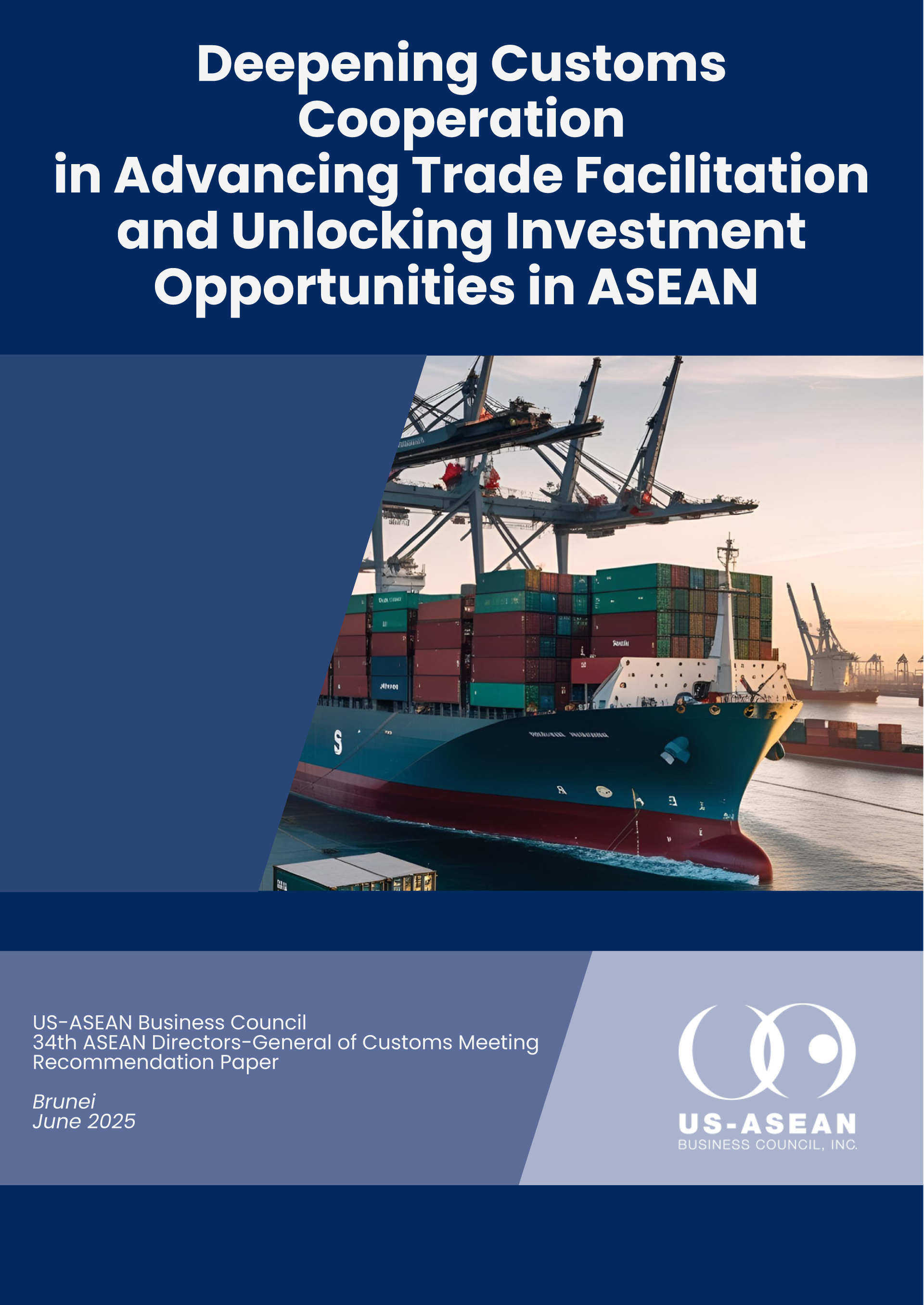Protecting Malaysia’s Investment Competitiveness from Tariff Circumvention

With Malaysia being home to strategically valuable nodes in the global value chains for ICT, energy, and other strategic industry supply chains, MITI remains wary of the country’s positioning between the world’s two largest economies, namely the USA and China. Regardless of last month's Trump victory, trade winds have indicated that China will continue to see import restrictions and heavy tariffs from the US in 2025. In efforts to depoliticize and minimize the impacts of a potential “trade war,” MITI Deputy Minister Liew Chin Tong implores Chinese companies to not use Malaysia as a platform to “rebadge” products to avoid US tariffs.
Malaysia seeks to remain as a major and trusted player in not just the semiconductor industry, but many others amidst its national economic diversification efforts. Washington has already recently expanded tariffs on solar imports from a number of ASEAN countries, including Malaysia, where factories produce goods such as solar panels under Chinese firms. These economic “sticks” will continue to hinder Malaysian domestic industry development and independence if they cannot become disentangled from these geopolitics of production.
Last month, US ambassador to Malaysia, Edgard D Kagan, held a press conference to assure Malaysian officials that Washington’s economic relationship with Putrajaya will endure. He went on to elaborate that the fundamentals of shared prosperity and cooperation will carry on across the Indo-Pacific. Malaysia can, of course, help its case by following Deputy Minister Liew’s guidance on both expanding trade with its largest trade partner but also decoupling itself from Chinese “rebranded” goods transshipped through Malaysia. This will demonstrate Malaysia to be a trusted trade partner and a country ready to serve as a regional leader and hub for investment in 2025.





![Cover-[USABC-Final]-Driving-ASEAN-Unity-Malaysia's-Vision-for-2025](/sites/default/files/2025-07/Cover-%5BUSABC-Final%5D-Driving-ASEAN-Unity-Malaysia%27s-Vision-for-2025.jpg)



